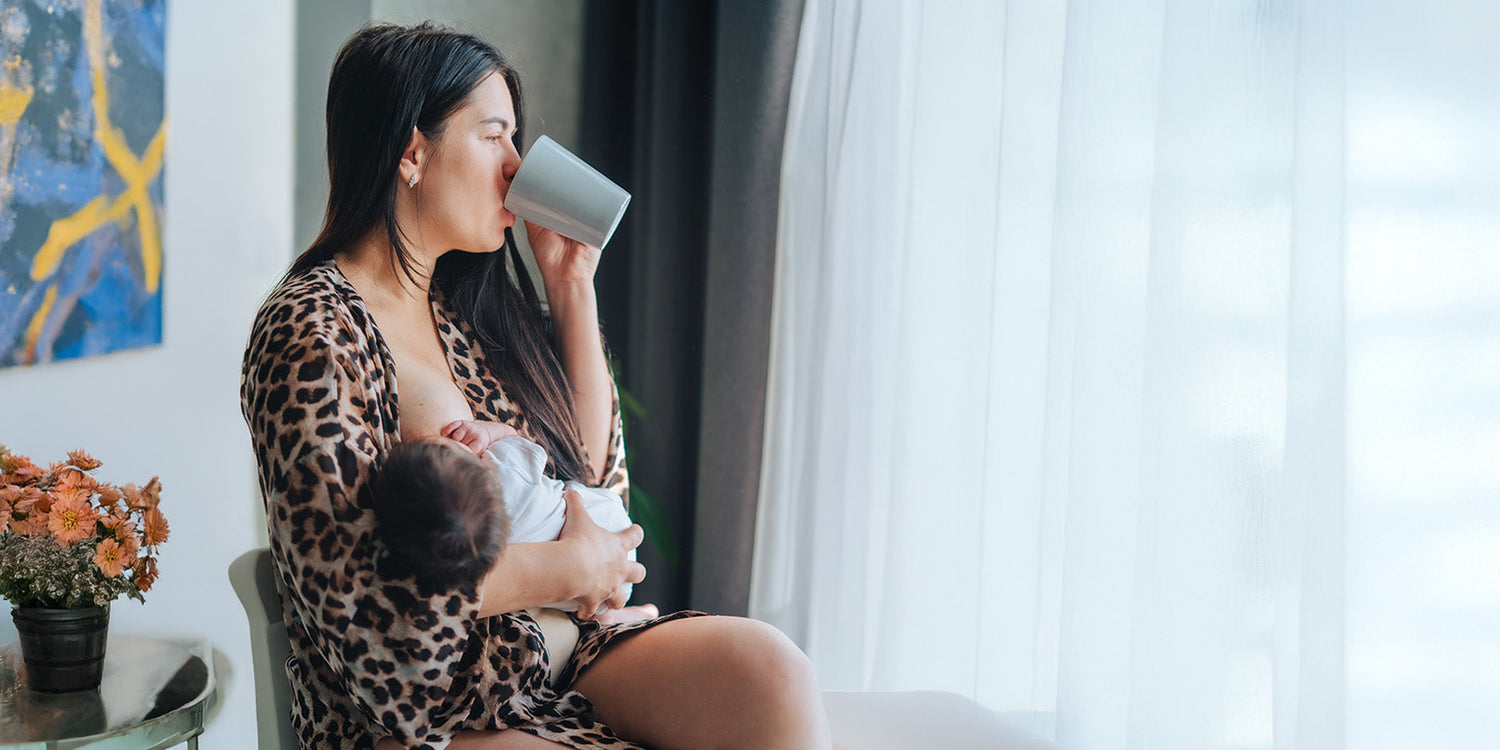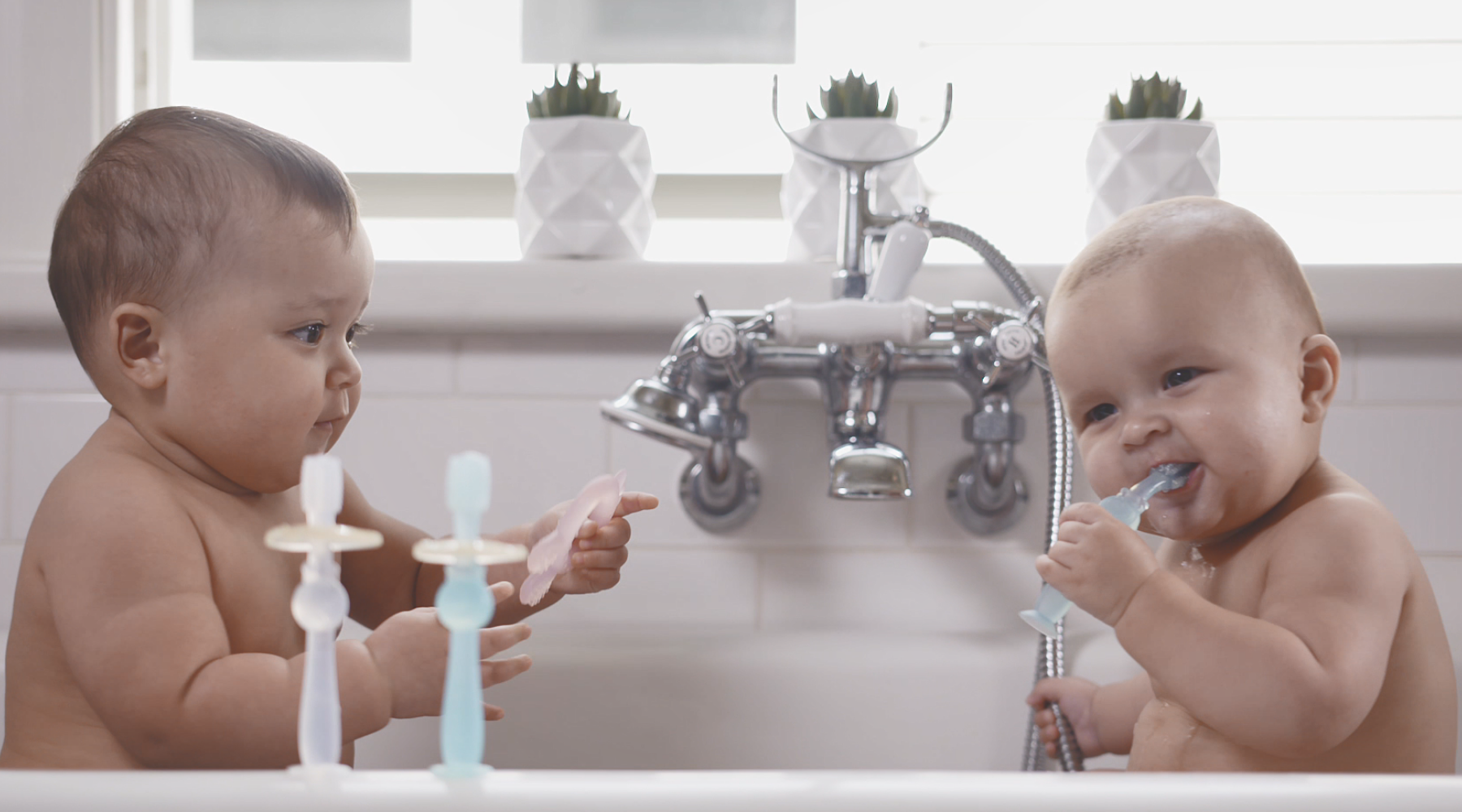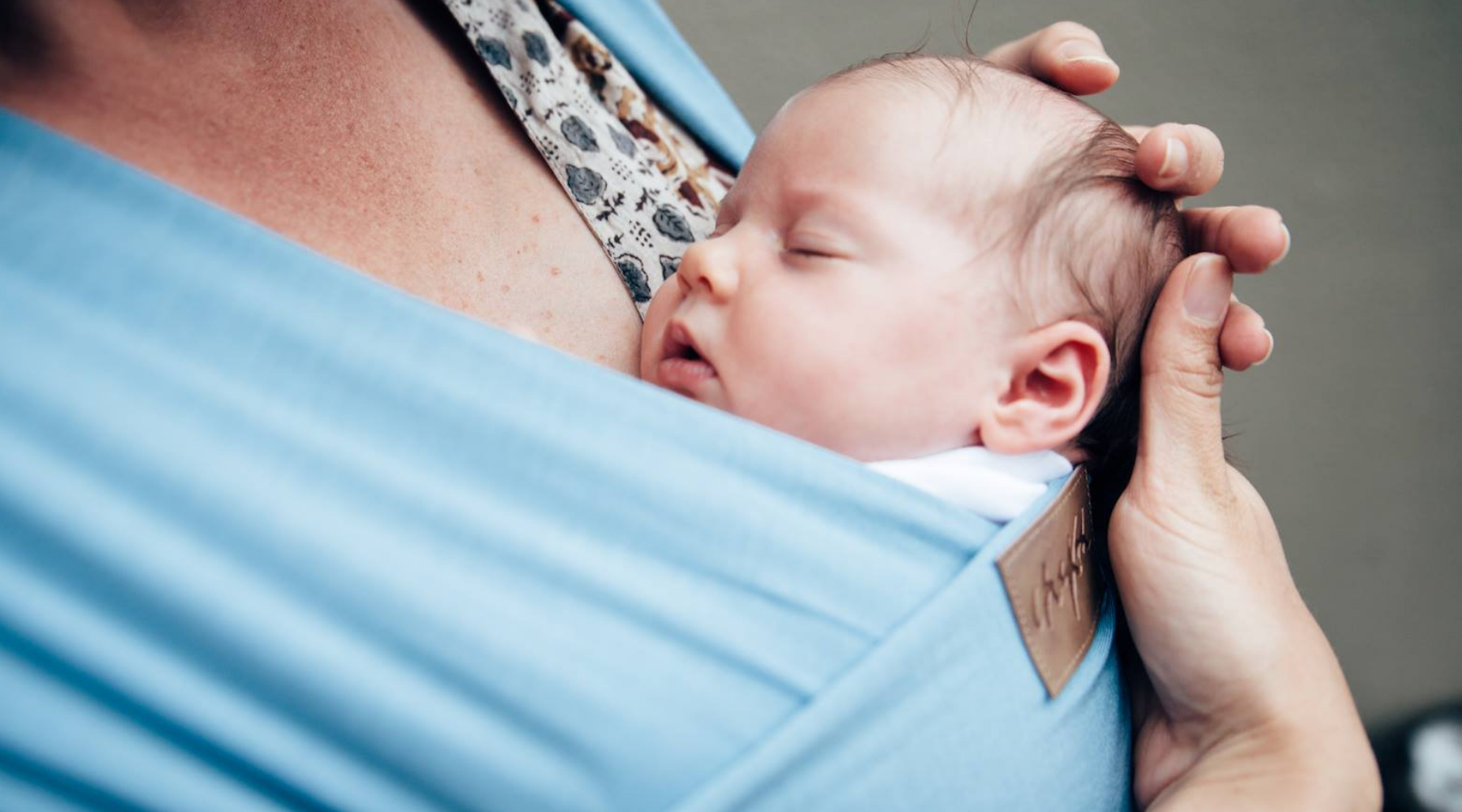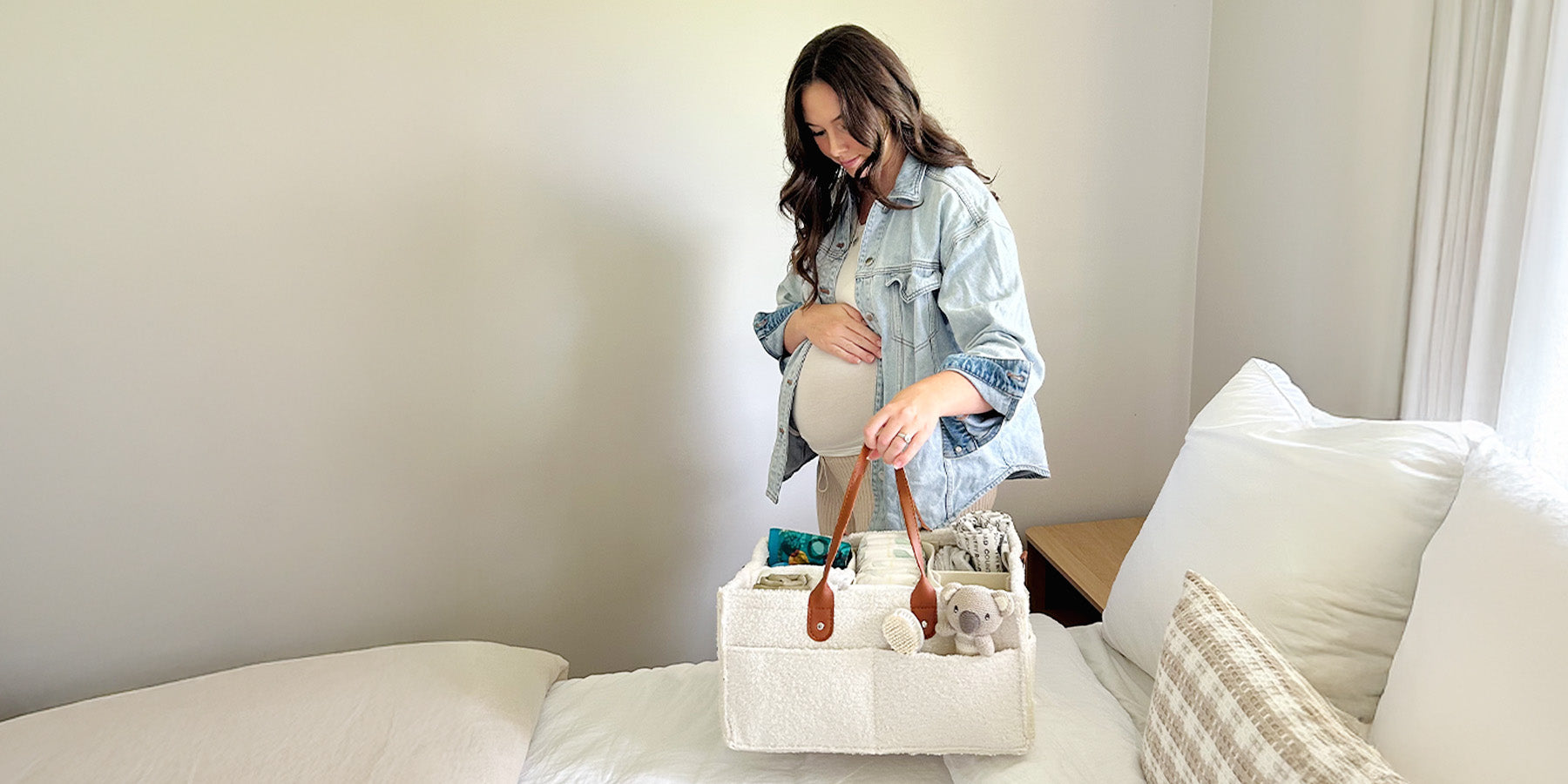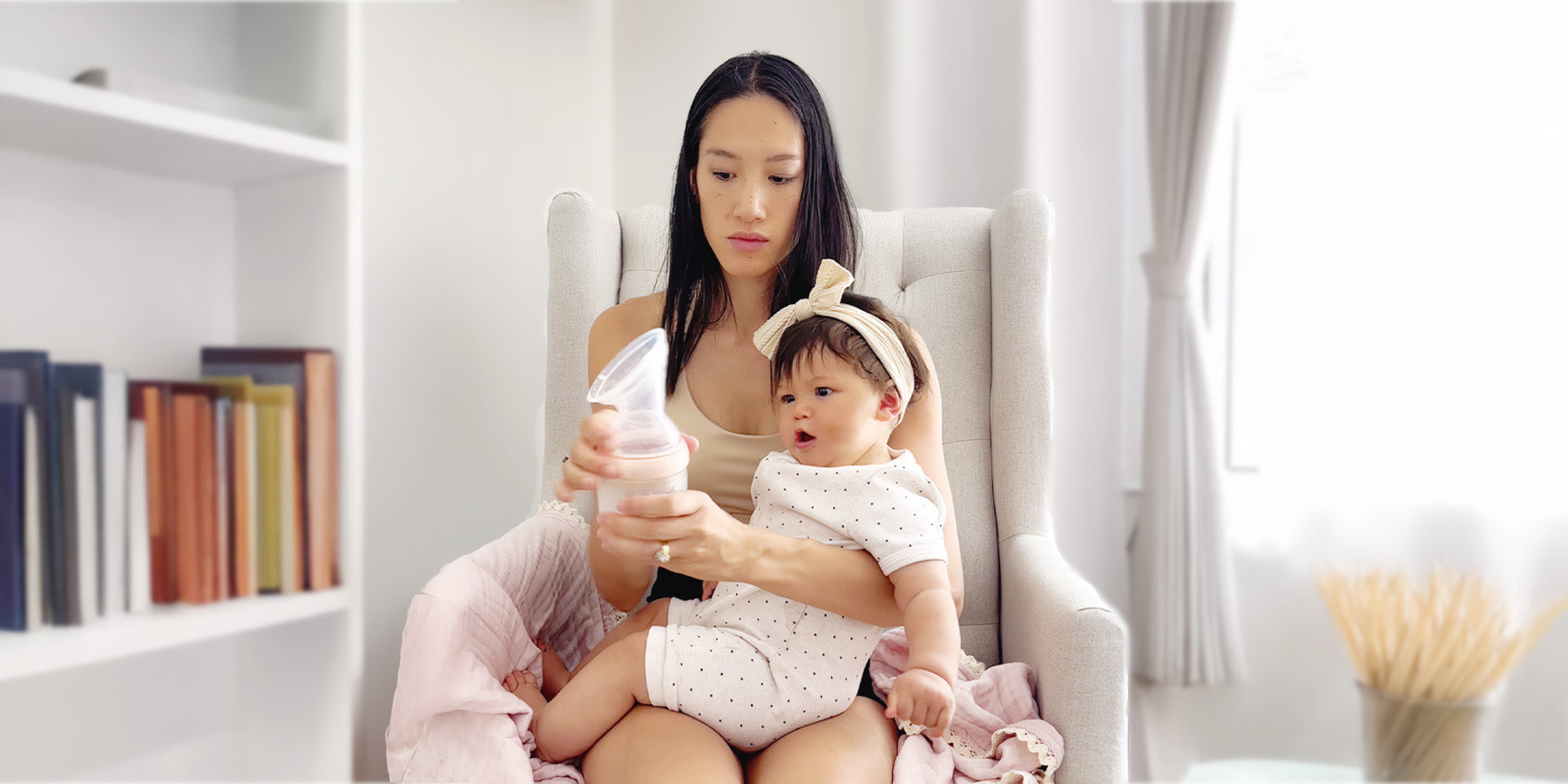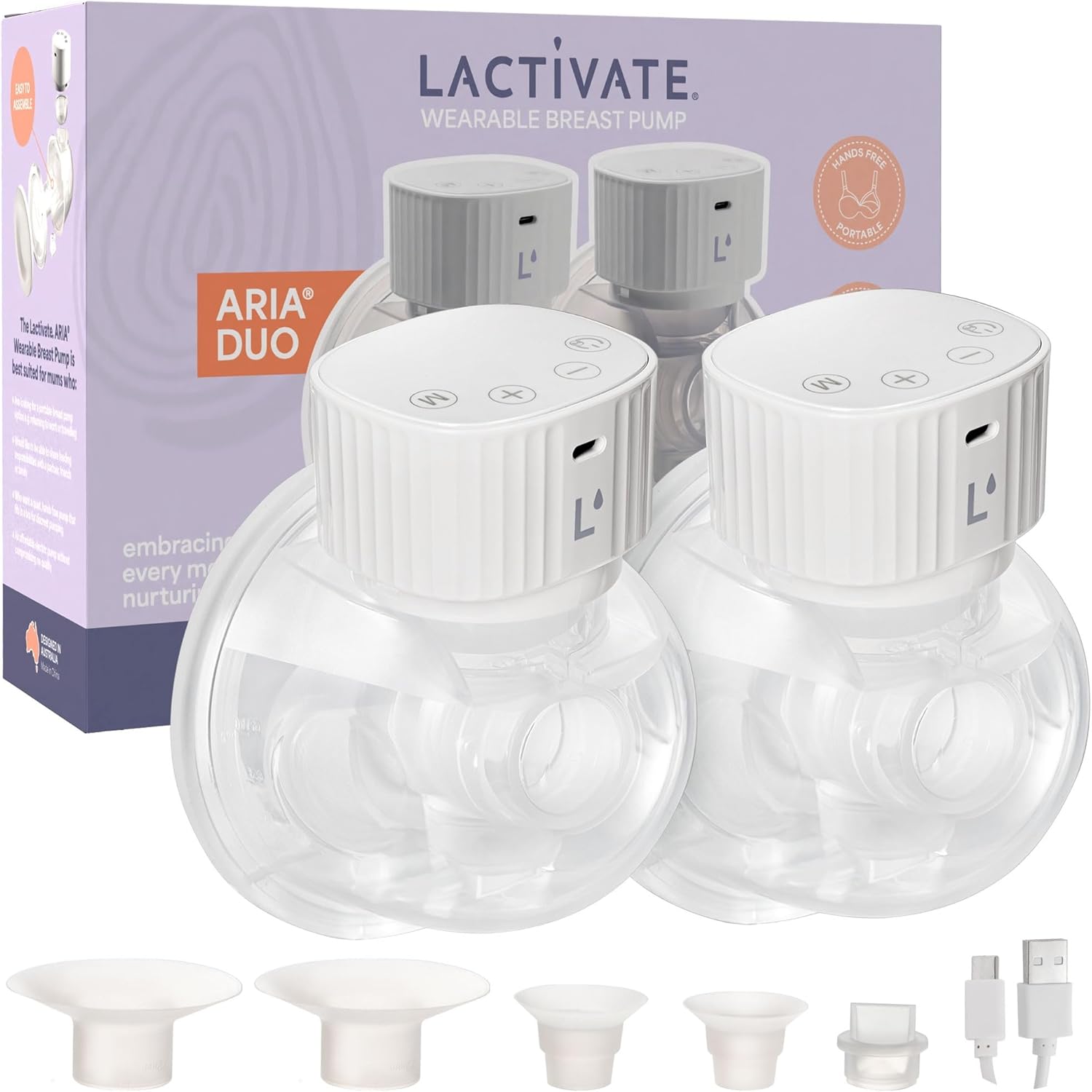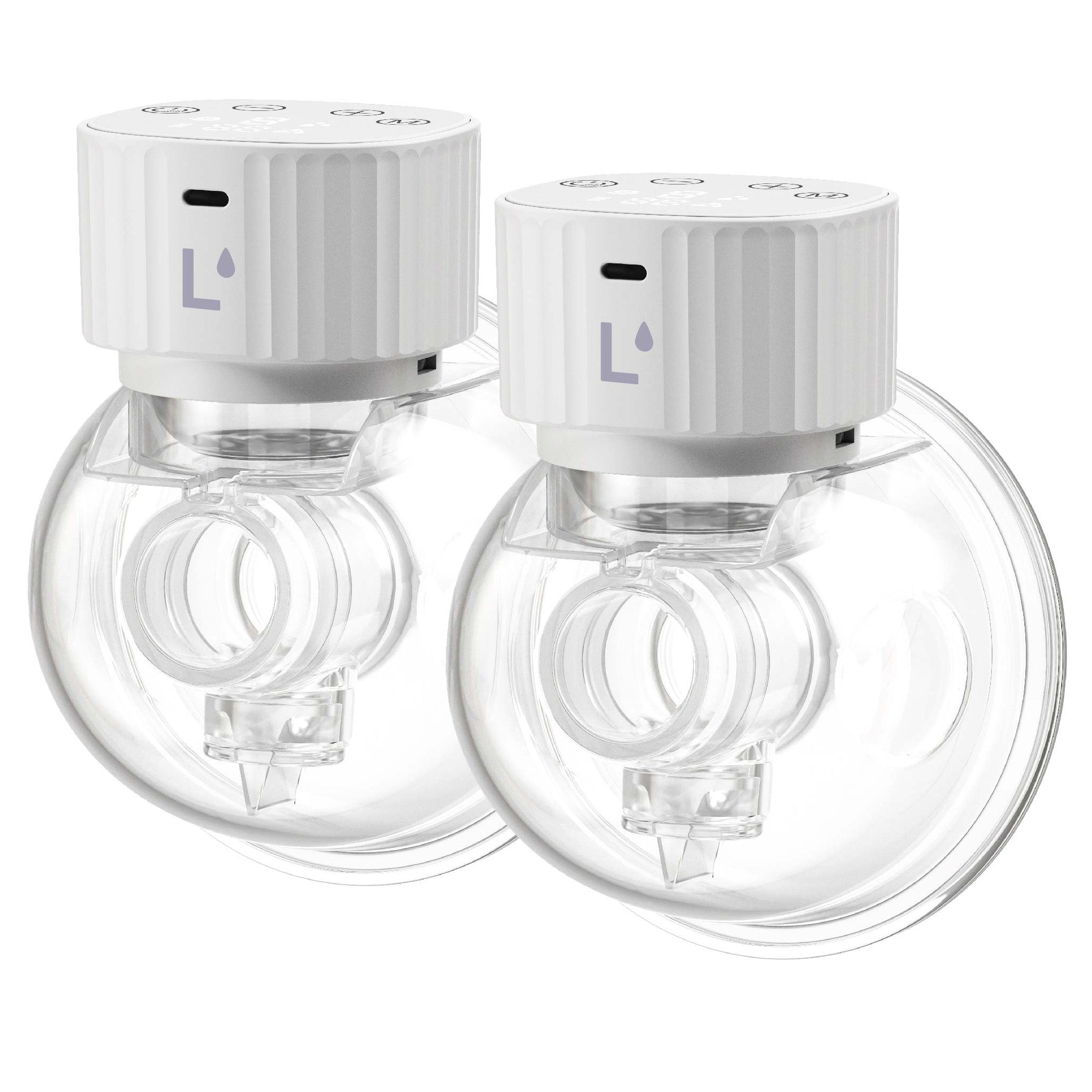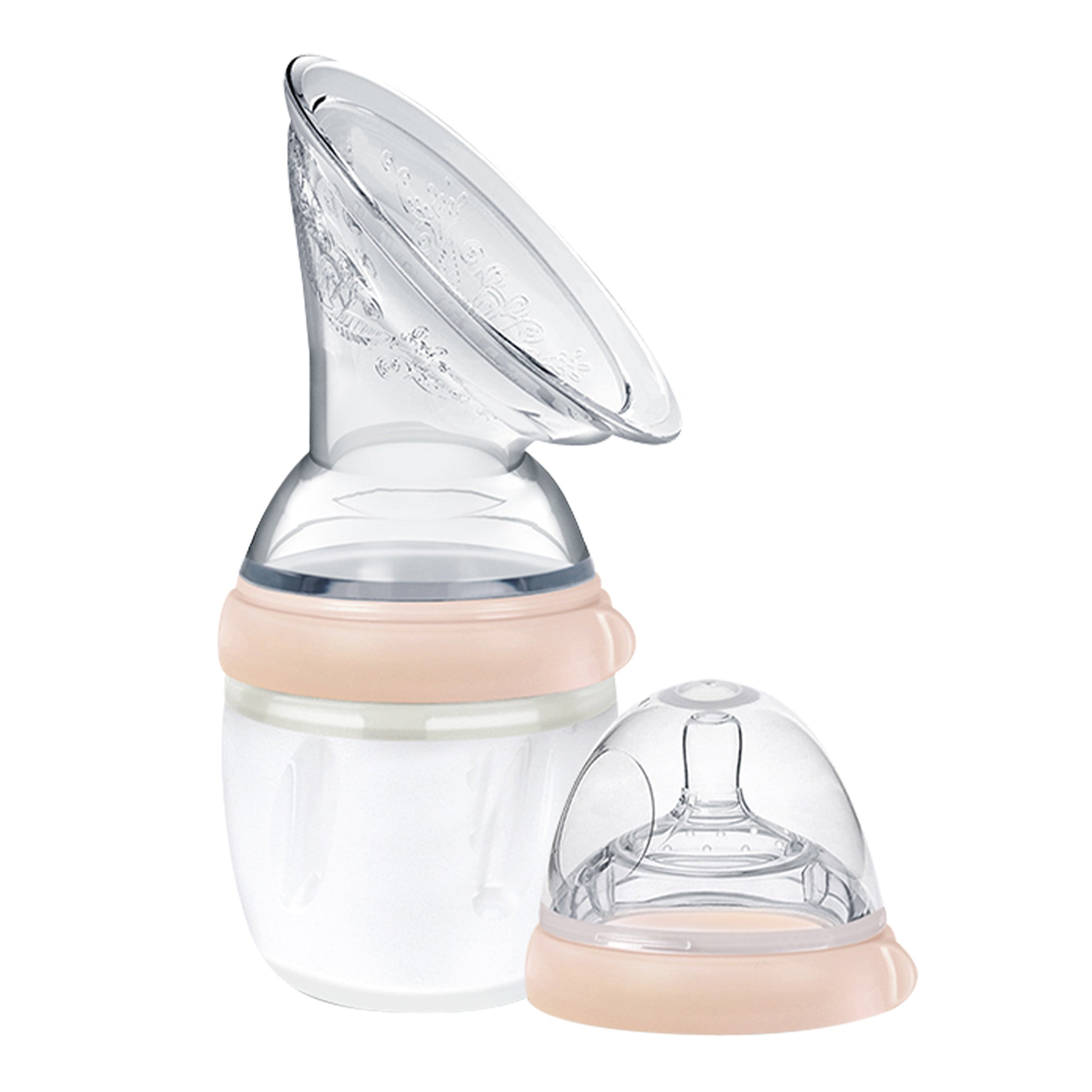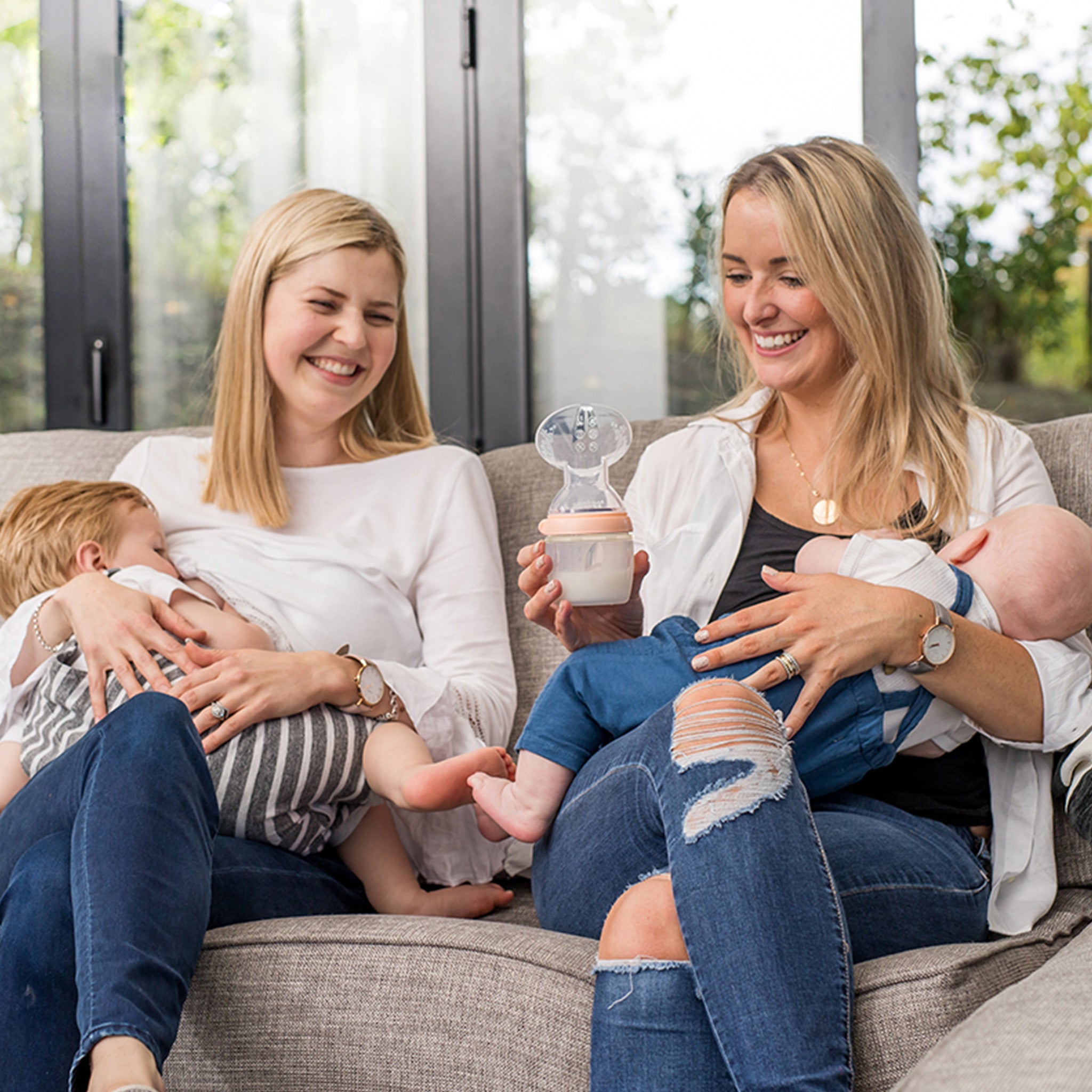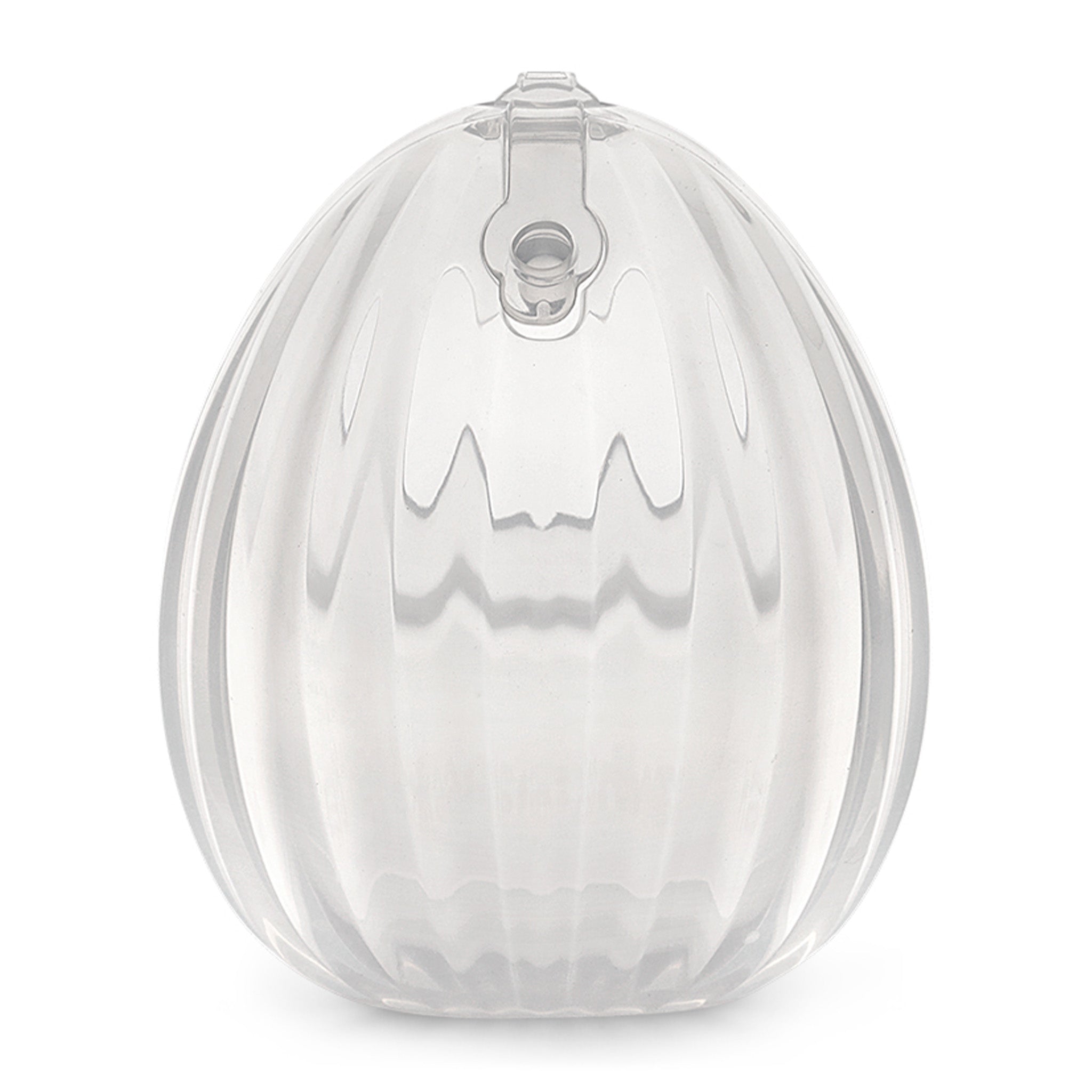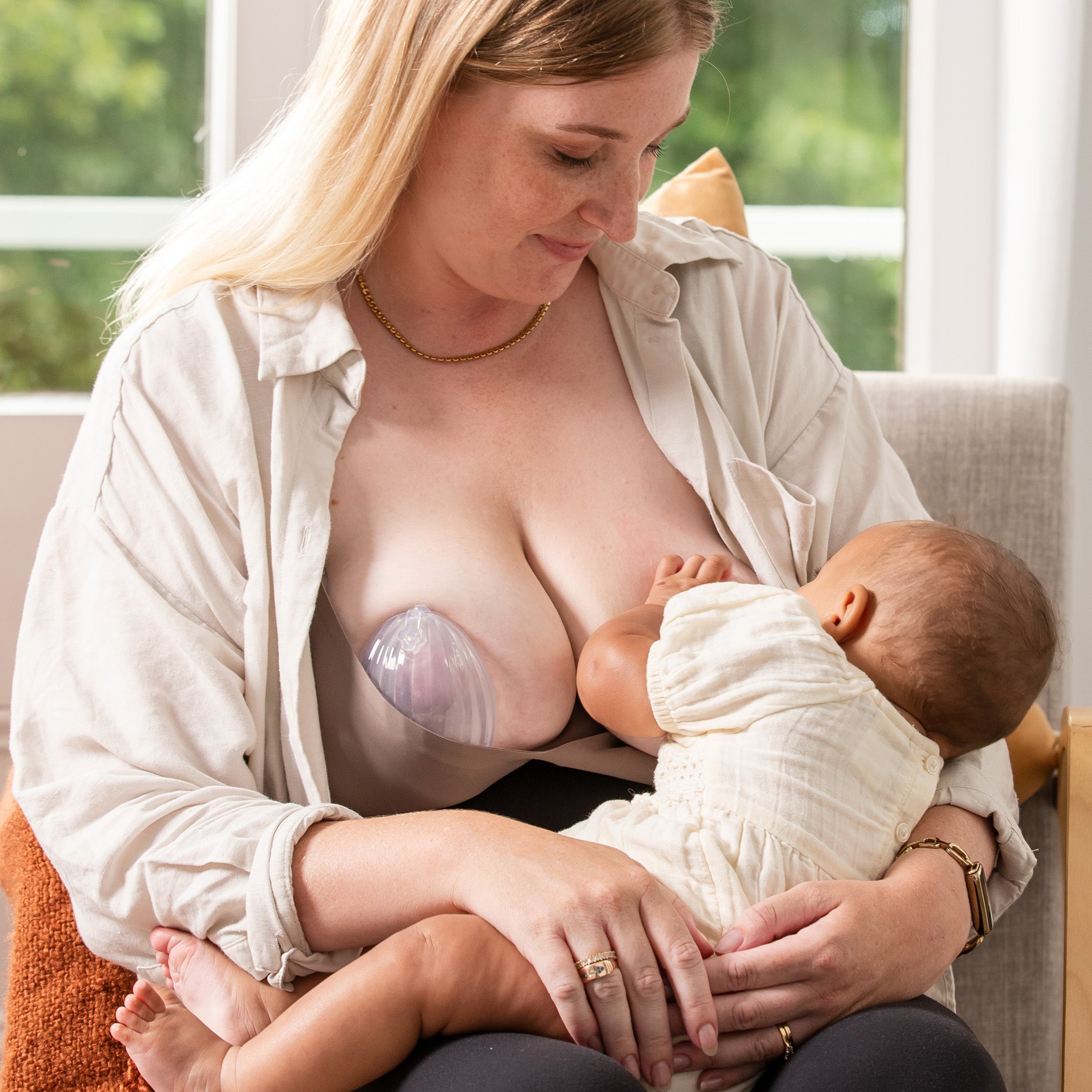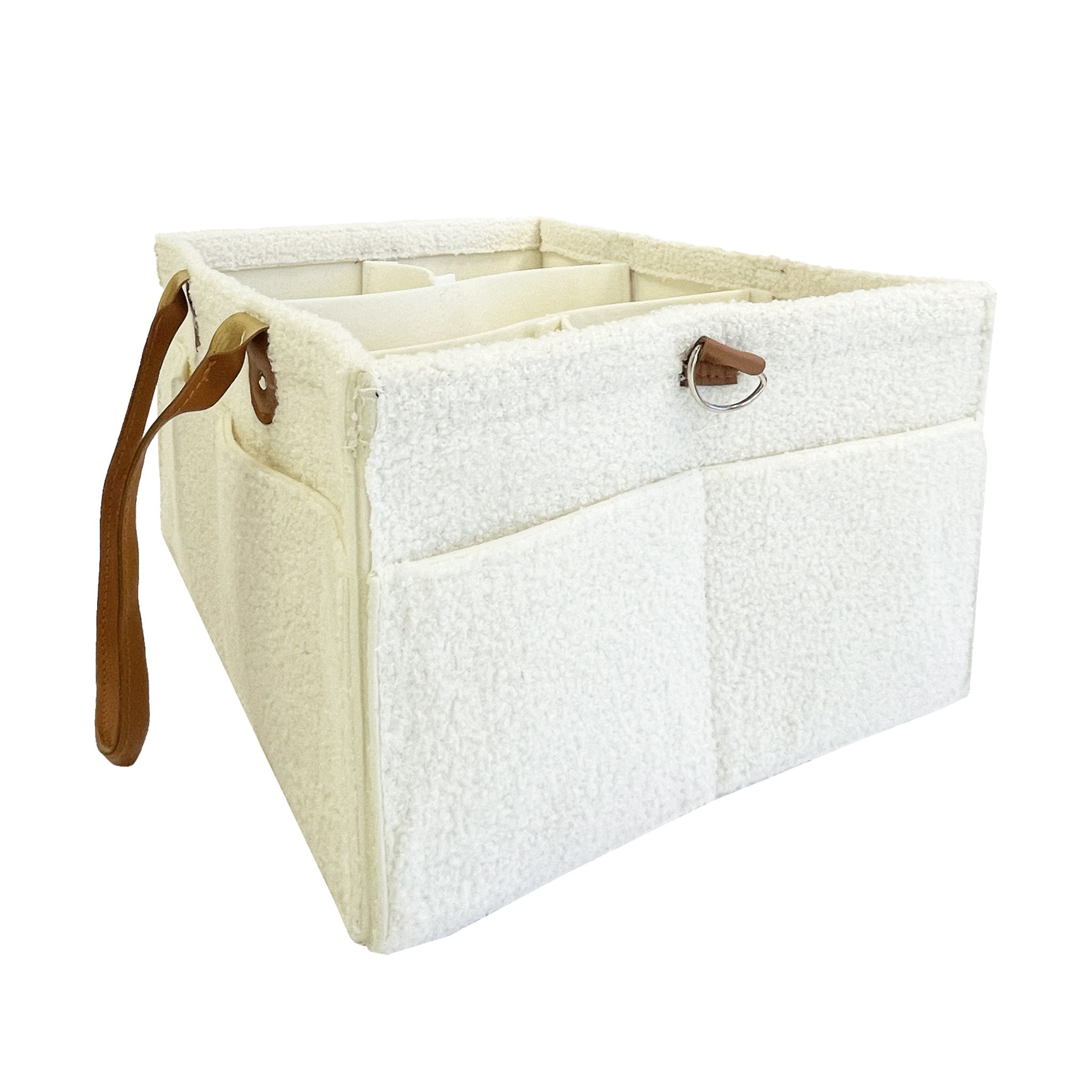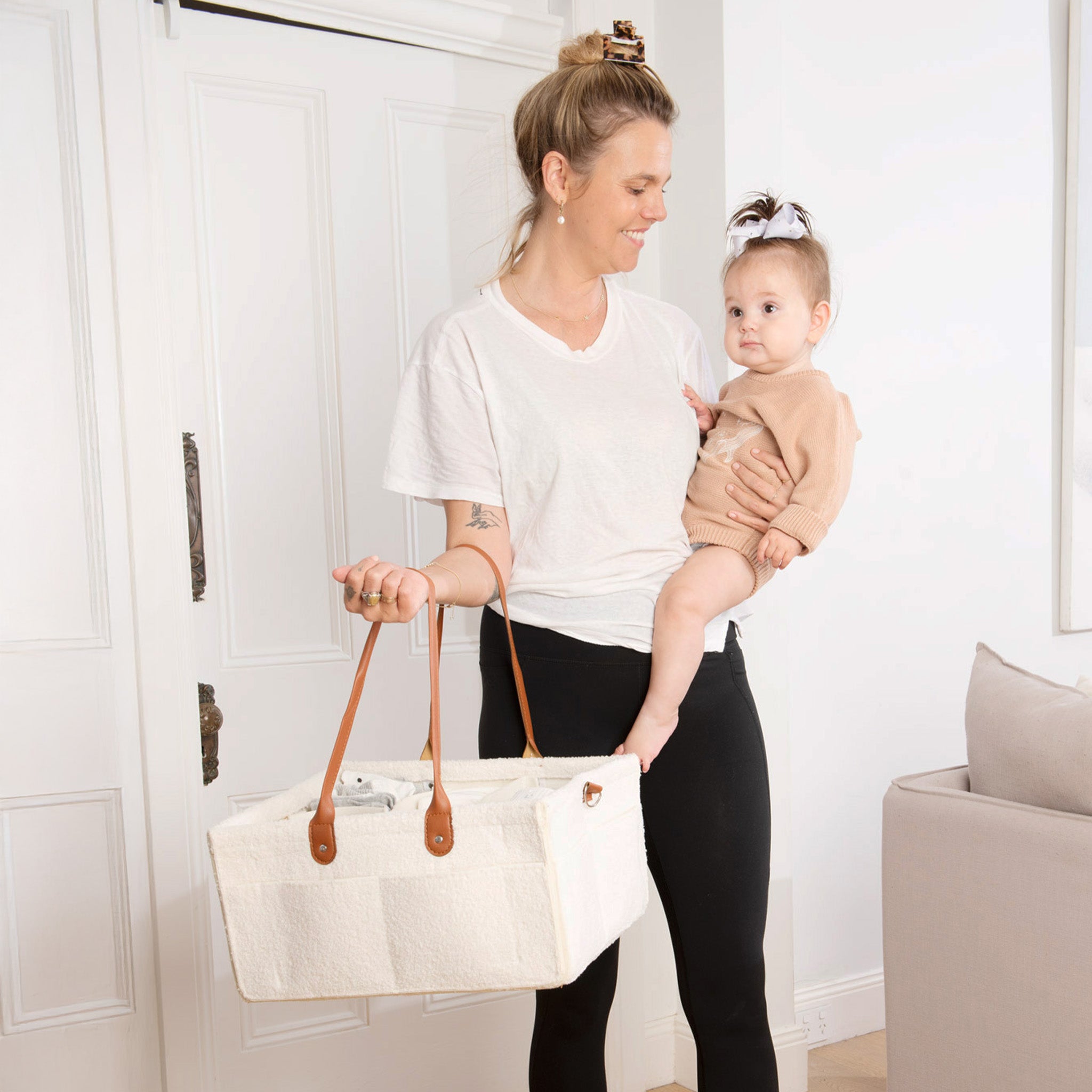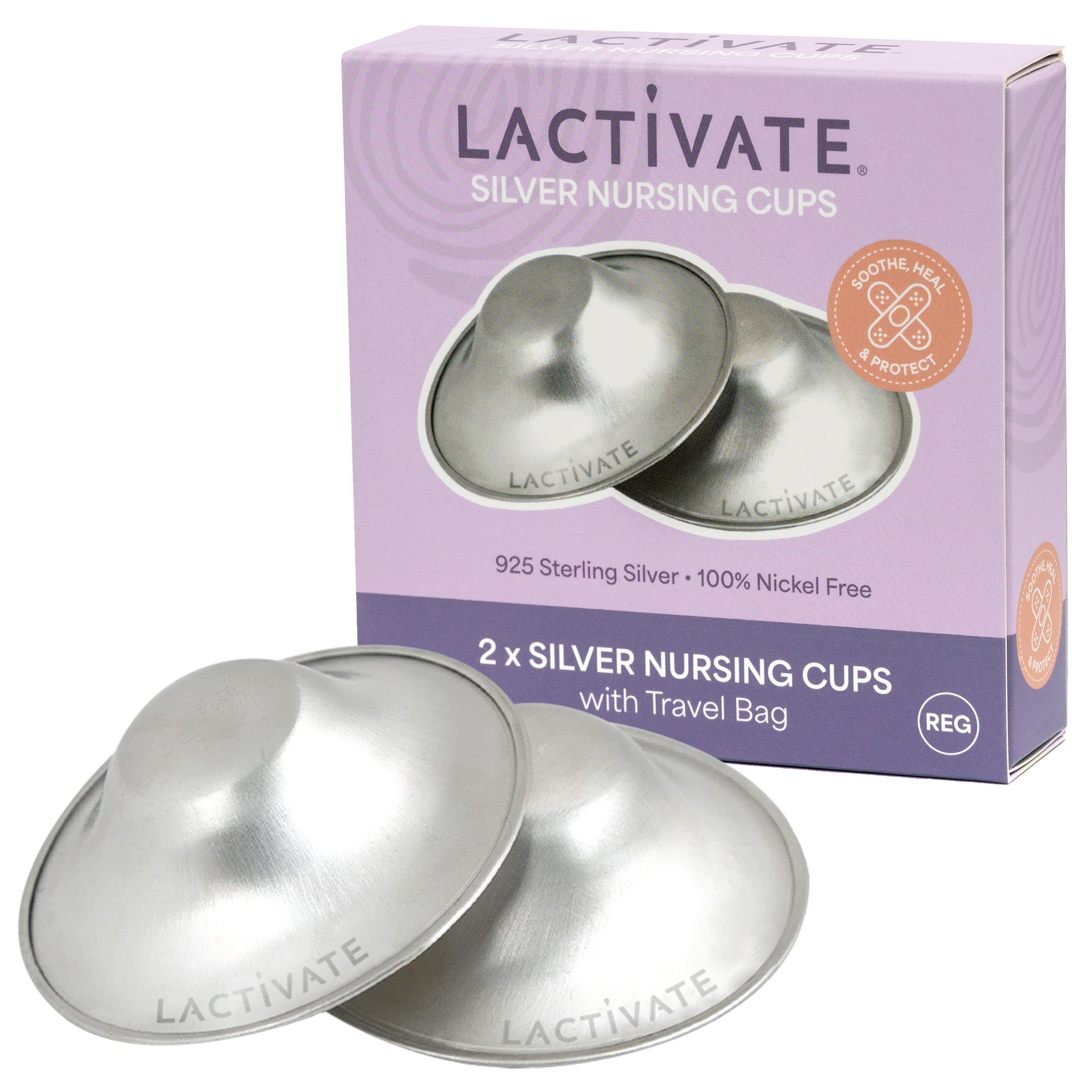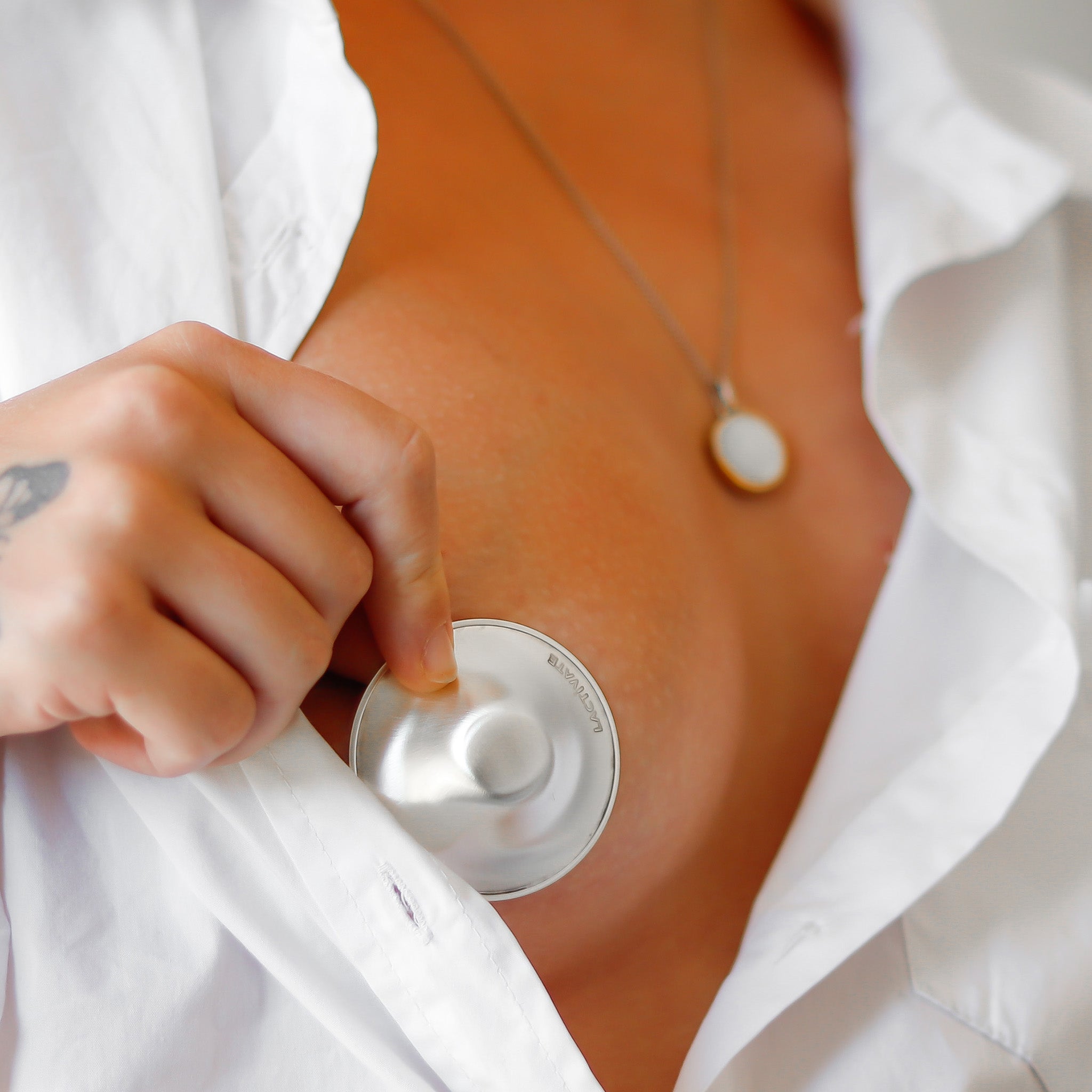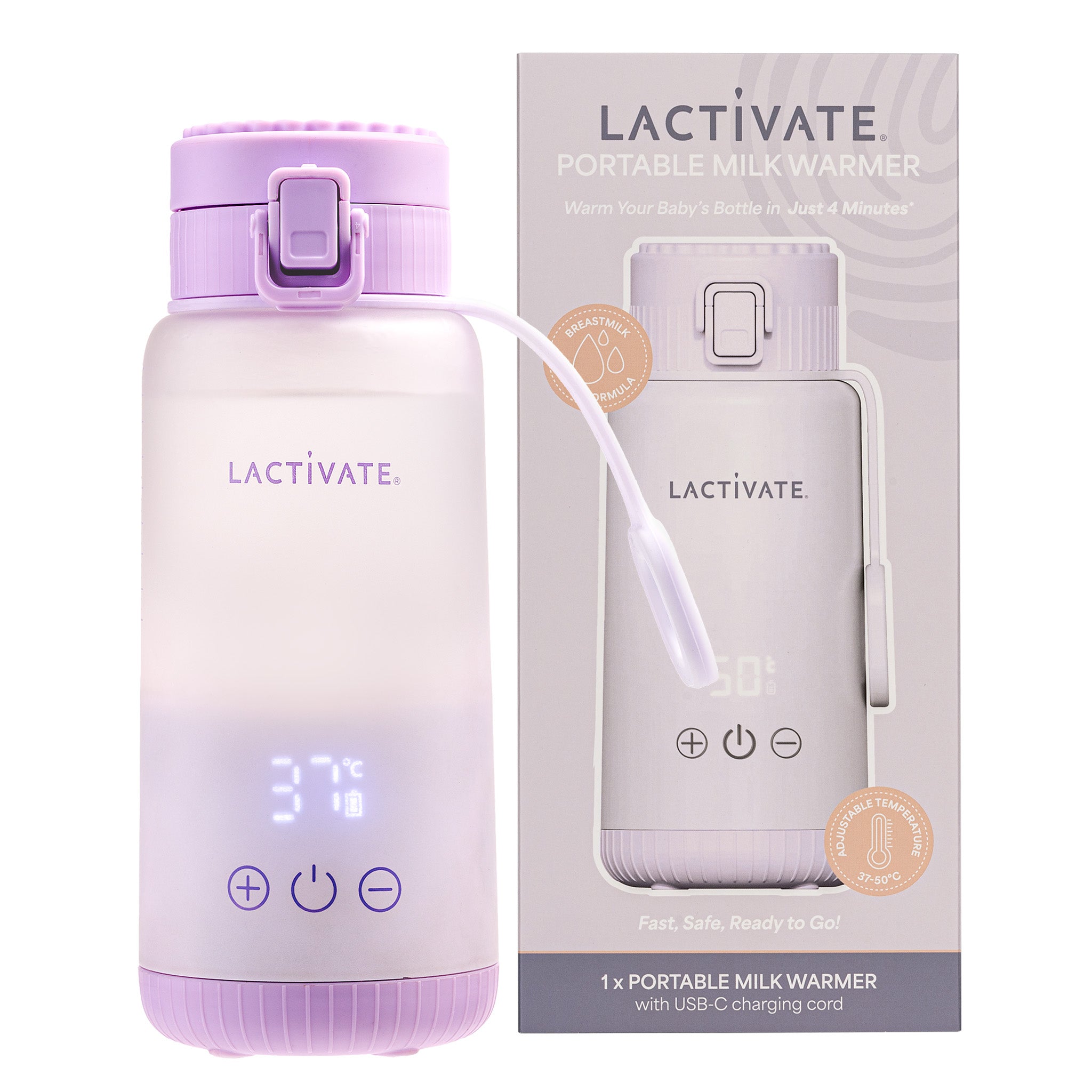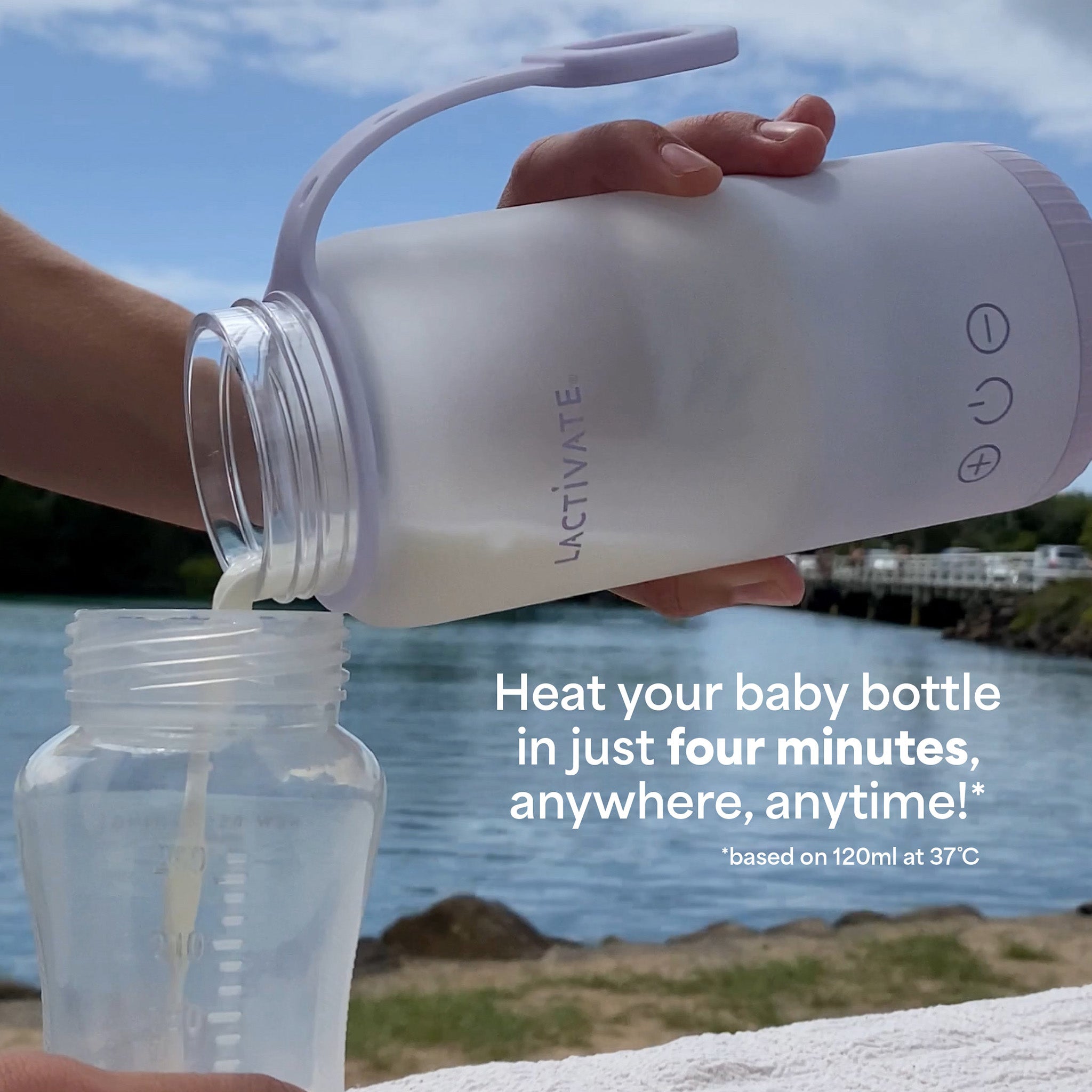If you're a coffee drinker then you'll know there is nothing sweeter than that first cup of the day. For that matter, that second (and, ahem, sometimes third) cup is ALSO pretty darn delish.
But what about if you're a breastfeeding mum? Can you still enjoy your daily latte?
Caffeine and breastfeeding: the facts
As a new breastfeeding mother, chances are good you'll be monitoring a lot of what you eat and drink. Chances are also good you'll be absolutely exhausted and, if you're a coffee drinker, desperate for a cup of the good stuff.
The good news? Moderate consumption of caffeine is deemed completely safe. The Australian Breastfeeding Association (ABA) has this to say:
"Most breastfeeding mothers can consume a moderate amount of caffeine (eg a few cups of coffee each day) without it affecting their babies. Newborn babies however can be particularly sensitive to caffeine... because it can take a newborn baby a long time to process it."
While a small percentage of caffeine may be passed through your breastmilk, chances are good that it won't have any effect on your bub.
A moderate amount
So what exactly is a 'moderate' amount of caffeine? It's important to remember that caffeine is present in other food and drink, alongside coffee. Black and green tea and chocolate are two culprits that spring to mind.
A 'moderate' amount of caffeine is around 200 milligrams, approximately 2 cups of coffee, DEPENDING on what type and size you drink. The below table from the ABA goes into a little more detail.
Caffeine content in common drinks and food
| Food | Caffeine level (mg) |
|
Percolated coffee |
60–120 mg/250 mL cup |
|
Formulated caffeinated drinks / ‘Energy’ Drinks |
80 mg/250 mL can |
|
Instant coffee (1 teaspoon/cup) |
60–80 mg/250mL cup |
|
Tea |
10–50 mg/250mL cup |
|
Coca Cola |
48.75 mg/375 mL cup |
|
Milk chocolate |
20 mg/100 g bar |
|
Green tea |
35-70 mg/250mL cup |
|
Take-away coffee |
51-332 mg/serving |
This chart from Lavazza also gives a clearer idea how much caffeine might be in your favourite coffee drink.
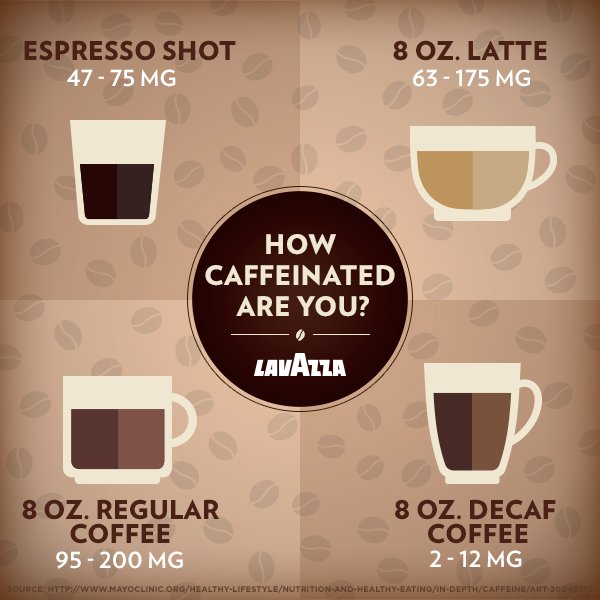
How will I know if it impacts my bub?
Chances are good that your morning coffee will have minimal impact on your bub. It's also worth noting that many newborn behaviours such as being unsettled, sleeping poorly, colic or squirmy tummy are just that; newborn behaviours! If however, you notice that your baby becomes unhappy or jittery in the hours after drinking coffee, you could continue to observe and see if there is a link or if it's just a one off. Remember, you know your body and your baby best!
For me personally, I drank coffee throughout breastfeeding all three of my kids with no ill effects. I did however stick to having my 1-2 cups of a morning and switching to herbal tea from lunchtime onwards. Lactation teas are fantastic, caffeine-free option that can also give your milk supply a little boost.
For more information about caffeine and breastfeeding, you can visit The Australian Breastfeeding Association.

